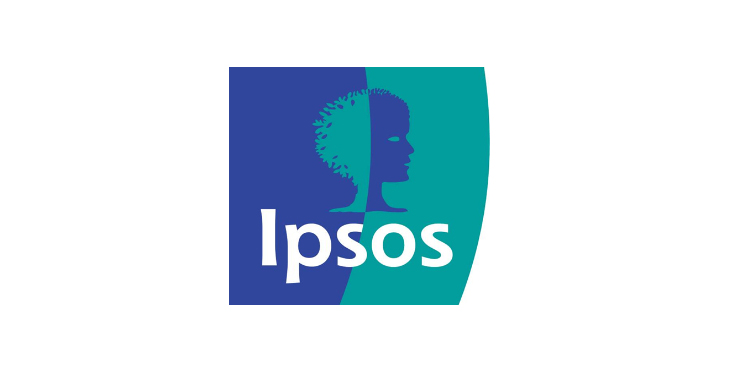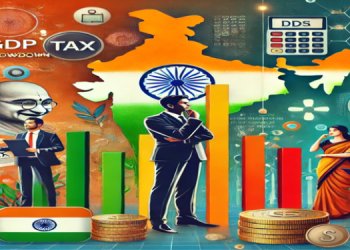New Delhi: With the pandemic far from over and the postponed Tokyo 2020 Summer Olympics slated to be held from July 23rd, 2021 (after they were pushed due to the pandemic, last year), 6 in 10 (57%) global citizens give a thumbs down to Olympics, stating they should not be held in the midst of the raging pandemic. India shows polarized views with only 1 in 2 (54%) favoring the Olympics to be held. The host nation of Japan has at least 78% disapproving of the Olympics to kick off smack in the middle of the pandemic. The top markets batting for the upcoming Olympics were Turkey (71%), Saudi Arabia (66%), Russia (61%), and Poland (60%). And those against were South Korea (86%), Japan (78%), and Argentina (69%).
Indians most buoyant about Tokyo Olympics
Urban Indians were found to be most interested globally (70%), in the Tokyo Olympics, followed by South Africa (59%), China (57%), Poland (56%), and Turkey (56%).
While the least interested nations included Belgium (72%), South Korea (70%), Japan (68%), France (68%), and Germany (67%). There is a huge resistance in the host nation for the Olympics to be held now.

“The 2020 Summer Olympics, branded as Tokyo 2020 and to be held between July 23-Aug 08, 2021 is already delayed by a year and while the host country is getting the jitters as the coronavirus is not yet contained and there are new cases of infections being reported from Japan. Japan is planning to host the Olympics with restrictions and quasi emergency – no audience, strict social distancing protocols, and limiting of delegates over and above the players. There is less likelihood of the Olympicsbeingcancelled, all the action will be witnessed and enjoyed virtually. Indians are polarised in their views about whether the Olympics should be a go or a no-go. Global citizens and the Japanese are against the Olympicsbeingheld now, bang in the middle of the pandemic. Remains to be seen if the organizers will bow to the popular sentiment and further postpone it. Big monies riding here and the logistics. They may just do a controlled event and get it out of the way,” says Amit Adarkar, CEO, Ipsos India.
Fave Olympic Games Categories
Urban Indians are most interested in football/ soccer (37%), badminton (36%), tennis (28%), athletics/ track and field (26%), boxing (17%), gymnastics (15%), cycling (14%), among others.
Global citizens were most keen to watch, football/ soccer (30%), athletics/ track & field (27%), aquatics (22%), gymnastics (21%), volleyball (13%), tennis (12%), basketball (12%), cycling (10%), boxing (8%) and badminton (6%).
Impact of Olympics on Society
Firstly, Olympics have a positive impact and inspires tomorrow’s generation to participate in sport is the dominant view across all the 28 markets – at least 80% of global citizens polled back this view, 90% of urban Indians and Japan too has at least 59% agreeing.
Secondly, global citizens (65%) and urban Indians (94%) believe, Olympics bring citizens and their country together; have a unifying effect. Though Japan has only 37% agreeing.
Thirdly, the Olympics is believed to bring nationalism to the fore. 3 in 4 urban Indians (75%) believe so. 1 in 2 global citizens (55%) to agree.
Priority Jabs for Athletes
While it would be already mandatory for all participants (players), at least 7 in 10 global citizens want priority vaccinations for all Olympic athletes. Markets endorsing this view most include China (92%), Saudi Arabia (89%), India (88%), Turkey (87%), South Korea (86%), and Malaysia (85%).
Govt funding must be for athletes
2 in 3 global citizens (67%) and 86% of urban Indians believe the govt should fund, support, and cover the expenses of the athletes at the Olympics.
“This is the norm. It is the Central govt that covers all expenses. Sometimes govt may rope in sponsors for official merchandize and TV rights and for specific areas,” adds Adarkar.
Olympics brings countries together
Interestingly, the overriding view across nations remains that the Olympic Games will be the opportunity for countries to be together and to bond, first time after the pandemic struck. 6 in 10 global citizens hold this view (62%); and the markets that endorsed this view most were, Turkey (81%), Saudi Arabia (81%), China (79%), Italy (78%), India (78%) and Peru (77%).
Interestingly, the host nation of Japan had only 3 in 10 believing in this rationale. The sentiment buoyed more towards not holding the event. South Korea too rejected this view and had the lowest support for the event as an opportunity for bonding (only 26% agreed).
Methodology
These are the results of a 28-market survey conducted by Ipsos on its Global Advisor online platform. Ipsos interviewed a total of 19,510 adults aged 18-74 in the United States, Canada, Malaysia, South Africa, and Turkey, and 16- 74 in 23 other markets between 21st May and 4th June 2021.
The sample consists of approximately 1,000 individuals in each of Australia, Belgium, Brazil, Canada, mainland China, France, Germany, Great Britain, Italy, Japan, Spain, and the U.S., and 500 individuals in each of Argentina, Chile, Colombia, Hungary, India, Malaysia, Mexico, the Netherlands, Peru, Poland, Russia, Saudi Arabia, South Africa, South Korea, Sweden, and Turkey.
The samples in Argentina, Australia, Belgium, Canada, France, Germany, Great Britain, Hungary, Italy, Japan, the Netherlands, Poland, South Korea, Spain, Sweden, and the U.S. can be taken as representative of their general adult population under the age of 75.
The samples in Brazil, mainland China, Chile, Colombia, India, Malaysia, Mexico, Peru, Russia, Saudi Arabia, South Africa and Turkey are more urban, more educated, and/or more affluent than the general population. The survey results for these countries should be viewed as reflecting the views of the more “connected” segment of their population.
The data is weighted so that each market’s sample composition best reflects the demographic profile of the adult population according to the most recent census data.
“The Global Country Average” reflects the average result for all the countries and markets where the survey was conducted. It has not been adjusted to the population size of each country or market and is not intended to suggest a total result.
Where results do not sum to 100 or the ‘difference’ appears to be +/-1 more/less than the actual, this may be due to rounding, multiple responses, or the exclusion of “don’t know” or not stated responses.
The precision of Ipsos online polls is calculated using a credibility interval with a poll of 1,000 accurate to +/- 3.5 percentage points and of 500 accurate to +/- 5.0 percentage points. For more information on the Ipsos use of credibility intervals, please visit the Ipsos website. The publication of these findings abides by local rules and regulations.

















